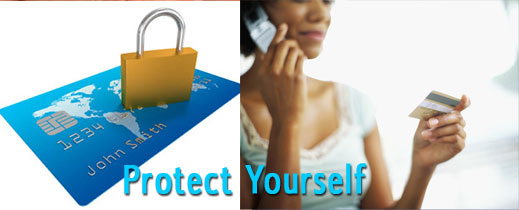Dealing with Unauthorized Charges
What to do about unauthorized charges
Here are some important tips on How to deal with unauthorized charges, for shoppers and merchants.
What should I do about unauthorized charges on my credit cards?
The Fair Credit Billing Act (FCBA) establishes procedures for resolving billing errors on your credit card accounts, including fraudulent charges on your accounts and limits your liability for unauthorized credit card charges to $50 per card.To take advantage of the law's consumer protections, you must:
-
Write to the
creditor at the address given for "billing inquiries," not the
address for sending your payments. Include your name, address,
account number and a description of the billing error, including
the amount and date of the error. Your letter may look something
like this
sample.
-
Send your letter so that it reaches the
creditor within 60 days after the first bill containing the error
was mailed to you. If the address on your account was changed by
an identity thief and you never received the bill, your dispute
letter still must reach the creditor within 60 days of when the
creditor would have mailed the bill. This is why it's so important
to keep track of your billing statements and immediately follow up
when your bills don't arrive on time.
-
Send your letter by certified mail, and
request a return receipt. This will be your proof of the date the
creditor received the letter. Include copies (NOT originals) of
sales slips or other documents that support your position. Keep a
copy of your dispute letter.
The creditor must acknowledge your complaint in writing within 30 days after receiving it, unless the problem has been resolved. The creditor must resolve the dispute within two billing cycles (but not more than 90 days) after receiving your letter.
For more information, see Fair Credit Billing and Avoiding Credit and Charge Card Fraud.

